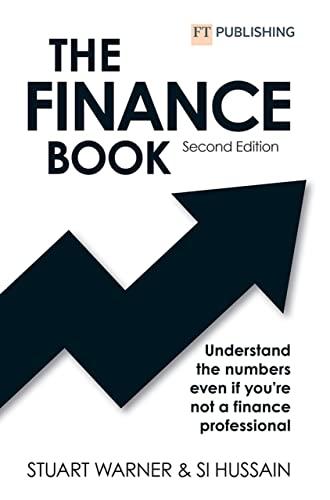Question
If you are investing, all things being equal, you prefer a. Lower interest rates, longer compounding periods, and payment at the end of the period
If you are investing, all things being equal, you prefer
| a. | Lower interest rates, longer compounding periods, and payment at the end of the period | |
| b. | Higher interest rates, longer compounding periods, and payment at the beginning of the period | |
| c. | Higher interest rates, shorter compounding periods, and payment at the beginning of the period | |
| d. | Lower interest rates, shorter compounding periods, and payment at the beginning of the period |
How many compounding periods would you use in your calculation for Justin in the problem below?
>> If Justin invested $50 per week for 50 years, earning 7%, how much would he expect to have in his investment account after 50 years? <<
| a. | 18,250 | |
| b. | 50 | |
| c. | 600 | |
| d. | 2,600 |
The average monthly car payment for a lease is $500 per month. If you decided to lease a cheaper car, paying only $350 per month for your working lifetime (20 - 75 years old), and saved and invested the extra (saved) $150 per month, earning a 7.5% return, how much would you expect to accumulate? (rounded)
| a. | $99,000 | |
| b. | $1,400,000 | |
| c. | $6,300,000 | |
| d. | $104,000 |
Step by Step Solution
There are 3 Steps involved in it
Step: 1

Get Instant Access to Expert-Tailored Solutions
See step-by-step solutions with expert insights and AI powered tools for academic success
Step: 2

Step: 3

Ace Your Homework with AI
Get the answers you need in no time with our AI-driven, step-by-step assistance
Get Started


